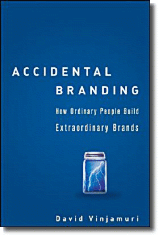 Today I’m trying an interesting experiment with another author, David Vinjamuri. We are doing mirror interviews and posting them at the same time – so he asked me 10 questions about PNI and I asked him 10 about his new book called Accidental Branding. Aside from both being in the midst of the same challenge of marketing our books, once I read his book I realized we approach marketing in very similar ways as well. David is the founder of ThirdWay Brand Trainers and a Professor at NYU and has been kind enough to help sponsor a session on Personality Not Included that I will be speaking at from 7 to 9pm in downtown NY on May 14th. In addition to talking through the ideas in the book and taking questions. I’ll also be revealing a few secrets about the book and promotion strategy that I haven’t talked about at all before … so it should be a good event if you happen to be in NY. Tickets are still available and if you register TODAY, you’ll get a FREE COPY OF Personality Not Included!
Today I’m trying an interesting experiment with another author, David Vinjamuri. We are doing mirror interviews and posting them at the same time – so he asked me 10 questions about PNI and I asked him 10 about his new book called Accidental Branding. Aside from both being in the midst of the same challenge of marketing our books, once I read his book I realized we approach marketing in very similar ways as well. David is the founder of ThirdWay Brand Trainers and a Professor at NYU and has been kind enough to help sponsor a session on Personality Not Included that I will be speaking at from 7 to 9pm in downtown NY on May 14th. In addition to talking through the ideas in the book and taking questions. I’ll also be revealing a few secrets about the book and promotion strategy that I haven’t talked about at all before … so it should be a good event if you happen to be in NY. Tickets are still available and if you register TODAY, you’ll get a FREE COPY OF Personality Not Included!
Anyway, enough with the promotion – without further ado here are my 10 questions with David Vinjamuri, Author of Accidental Branding, and his great answers …
1. First of all, I love the premise of your book and how complementary our theories are (Chapter 2 PNI is titled "The Accidental Spokesperson")! How did the idea for writing Accidental Branding come to you?
Thanks! The idea came from a class on branding I was teaching at NYU in 2005. I was teaching marketing professionals who did not have MBAs or a marketing background. They seemed intimidated by the Harvard and Wharton MBAs working next to them as well as the elitism of brand management as a profession. I asked them to write a paper about someone who had built a large brand from scratch without an MBA or classic marketing training. My thought is that it would give them a little motivation for their careers. The results were intriguing and two of the papers – on Roxanne Quimby (the Burt’s Bees founder) and John Peterman (the J. Peterman founder) gave me the idea for this book.
2. I can imagine some readers may take the premise of Accidental Branding to mean that success is not under their control – are they right?
“Accidental Branding” really refers to the fortuitous accident that most entrepreneurs experience when they realize that there is a problem that they experience and that they can solve it. This can be Gary Erickson choking on a PowerBar and deciding he can make something that tastes better or Julie Clark failing to find a video with classical music and poetry for her baby girl and deciding to create one herself. The brand positioning is accidental because it’s done instinctively in that moment. I do not mean to imply that success itself is an accident. It clearly takes some hard work and I don’t think it is coincidental that all of the entrepreneurs I profiled did some of the same things along the way. However, it has to be said that any great success requires a certain amount of luck and that is beyond anyone’s control. But all of the luck in the world will not help you if you are not prepared for it.
3. How did you narrow down and select the entrepreneurs and business people that you chose to include in the book?
I was looking for recognizable brands started by an entrepreneur without an MBA or classic marketing experience who had run the brand personally for 10 years or longer and who were solving their own problem when they created the brand. Beyond that, I had to find people who were willing to spend time with me. There were some great entrepreneurs – like Fred Carl at Viking Range and Jake Burton at Burton Boards whose schedules just wouldn’t permit the time commitment I needed. In retrospect I was incredibly lucky to get access to the eight entrepreneurs who are in the book.
4. You have some pretty high profile names that you interviewed. What is the secret to getting onto some of these people’s calendars and getting them to agree to meet you and be profiled in the book?
Roxanne Quimby was asked this question at the Accidental Branding launch event at NYU. She said that I was very polite but also incredibly persistent. It’s a fine balance. I worked very hard to get the entrepreneurs to meet with me. I did not have special access to any of them, so I had to find them through public sources. Once I met with them it was much easier to get them to commit more time. I didn’t get everyone I wanted (my original list included Eddie Vedder from Pearl Jam and Oprah) but I did get more than half of the people I contacted.
5. Did you draw more upon your teaching experience or on your brand training experience when writing the book?
I actually tried to step away from both and just be a writer and reporter. I wanted to bring as little baggage as possible to the brands I was writing about. Only when I was done writing all of the chapters on the entrepreneurs did I step back and think about it as a trained marketer. That’s probably the strength and weakness of the book – it is very focused on the stories of the entrepreneurs. My training background definitely came into play in Chapter 2 – where I lay out the rules for Accidental Brands. I spend a lot of time in my professional life thinking about how to communicate best practices, so I drew on that experience.
6. One of the things that people often say about writing a book is that it lets you charge more for what you do – is that the case and has that been your experience, or are you expecting it to be your experience?
That’s a good question, and I don’t really know the answer yet. I am very fortunate to run a brand marketing training business that has done very well in the past few years. I decided that for the three months of April, May and June I would not charge for speaking engagements on Accidental Branding. My training business, ThirdWay Brand Trainers, and clients like American Express and Starwood Hotels gave me the luxury of doing that. I do plan to do paid speaking, but I’ve been most focused on trying to get my book into the hands of people who will actually read it and in the short term I regard speaking as a high-quality sampling opportunity; the chance to get people interested in reading Accidental Branding. I will probably do more speaking and writing and less training as time goes on but I’m lucky to be working with some great trainers who can pick up my slack.
7. You and I both chose to go with large publishers for our books instead of self publishing. Why did you choose to do it this way, and what advice would you give to aspiring authors about choosing one method or the other?
There are some great success stories in self-publishing but it requires a greater time commitment from the author to get distribution for the book. I do sense that the publishing industry is changing and I now read 80% of my books on an e-book reader, so I suspect that the rules may be very different in a
couple of years. Either way, if you’re not a celebrity and you are a first time author you had better be prepared to figure out how to market your book on your own. Most publishing houses are set up like venture capital firms. They make a lot of small bets on authors and need just a few to succeed. They don’t devote many resources to each new business book author.
8. One thing I realized after writing a book is that because my last name starts with a B, PNI might often be on the top shelf out of reach from some people. You’ll probably have the opposite issue, given your last name starts with a "V" . have you seen any issues with book placement on shelf so far?
Shelf placement has been very random. I have been both at tiptoe and ankle level! I was frankly just relieved to be stocked at Barnes & Noble and Borders at all, since a lot of business books never get that far. The reality is that it takes at least a year for most unknown authors to build the buzz necessary to start selling well from book stores.
9. What is the single best thing about being an author for you?
Writing! Sounds crazy, but I’ve wanted to be a writer as long as I can remember. I just looked at my eighth grade yearbook and I confidently predicted I would be writing novels in ten years. That did not quite happen, but I’m finally writing professionally now!
10. What makes Accidental Branding a success for you? Is it sales, distribution, buzz, or something else?
I have been thrilled by the attention the book has gotten so far. The best part has been some of the conversations I have had with entrepreneurs who are building their dreams. What will make the book a complete success is if I build an audience that is interested in reading another book from me. I also hope that the buzz from the book will persuade other people and businesses I want to write about to give me the access I need to tell their stories.
Any other questions for David? Feel free to ask them here …


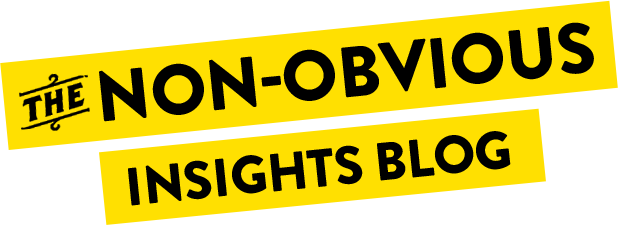




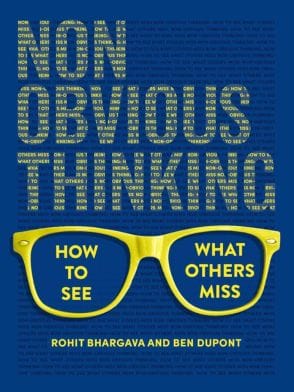

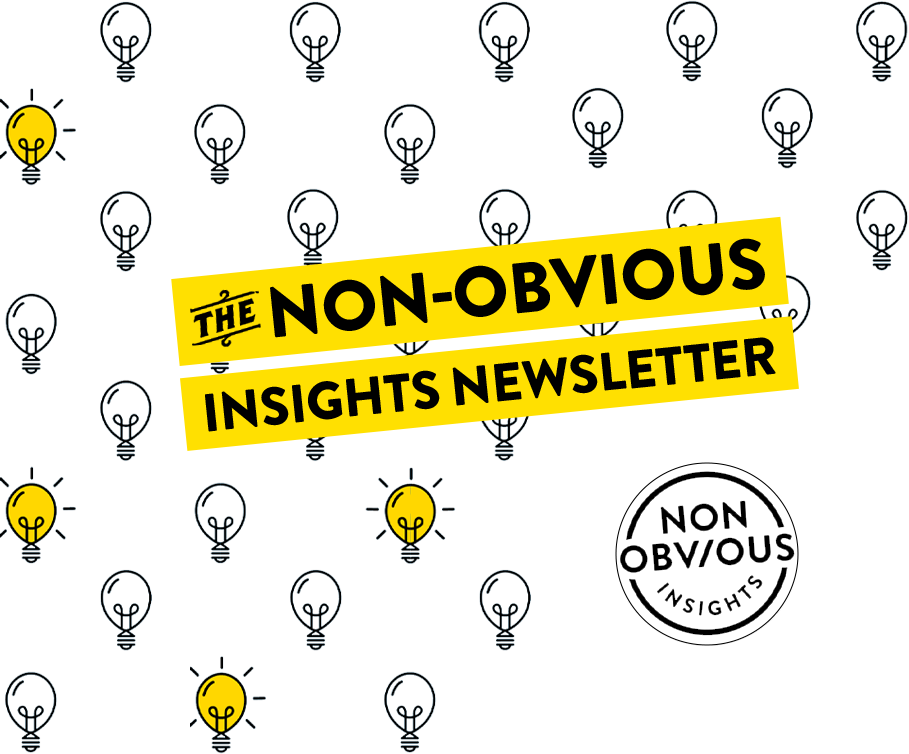


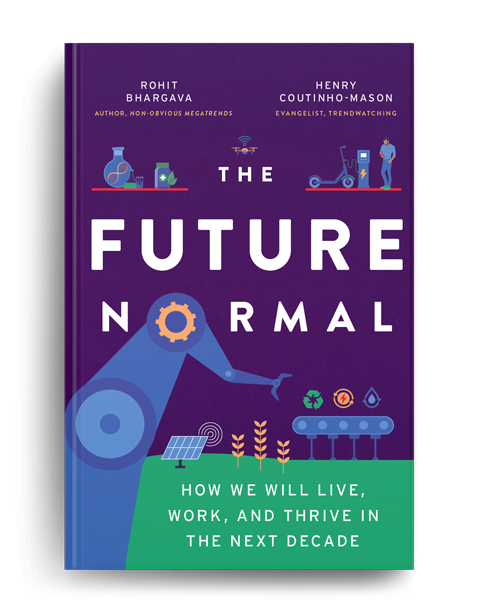
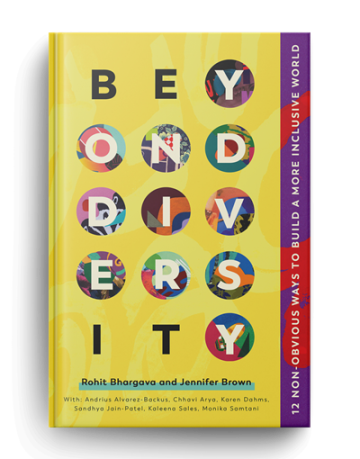
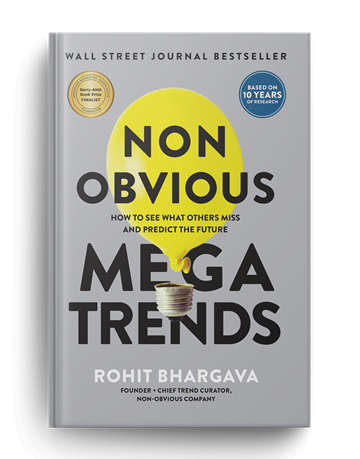
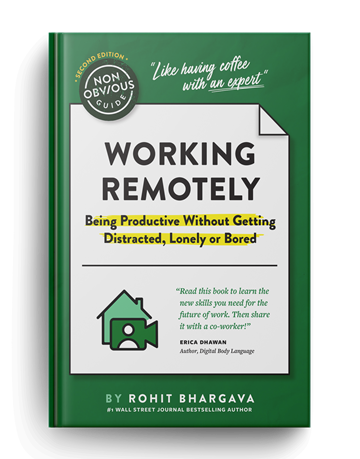
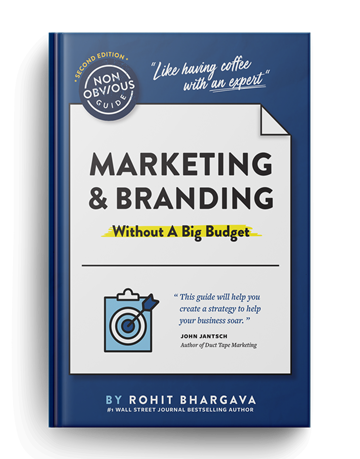
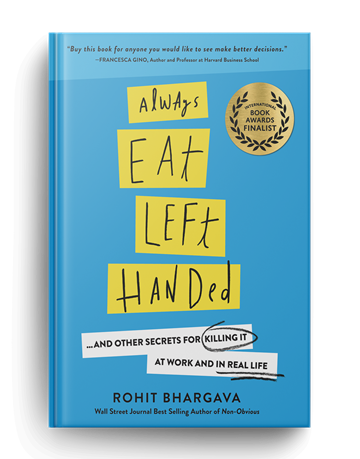
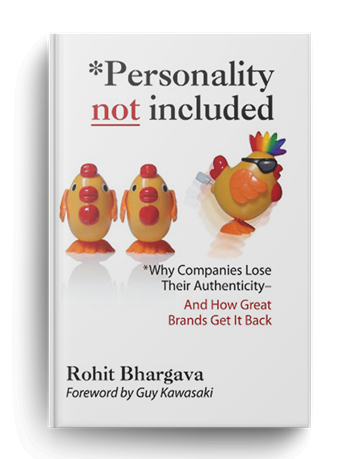
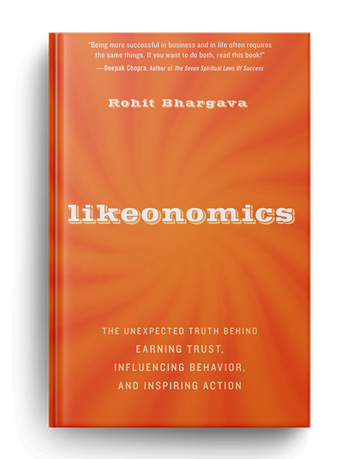

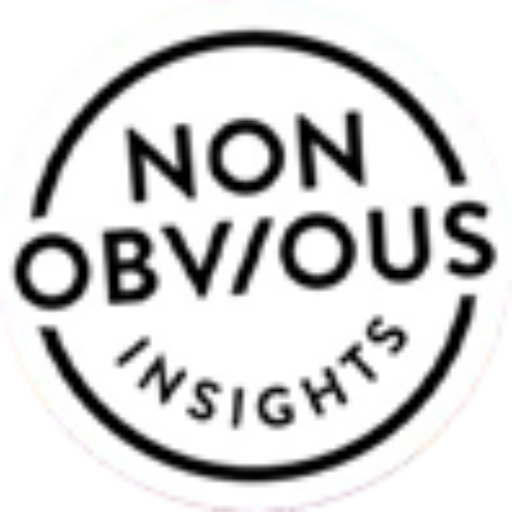
Are your pay-check to small? Are you good at promoting? Promote this and problems solved https://supertip.uni.cc
Are your pay-check to small? Are you good at promoting? Promote this and problems solved https://supertip.uni.cc
Thanks…
Sera
https://article.ezedir.com
Thanks…
Sera
https://article.ezedir.com
Good morning Rohit,
I saw you at the OMS conference a few months ago. I enjoyed the panel discussion you were on. I was out trolling the web this morning and found your article here with reference to J. Peterman Co. It’s a great place… so much in fact that I came to work for them. 🙂
Anyway, keep up the great work and maybe I’ll run into you at the next big conference.
Jonathan
Director of Marketing | The J. Peterman Company
jsexton@jpeterman.com
Good morning Rohit,
I saw you at the OMS conference a few months ago. I enjoyed the panel discussion you were on. I was out trolling the web this morning and found your article here with reference to J. Peterman Co. It’s a great place… so much in fact that I came to work for them. 🙂
Anyway, keep up the great work and maybe I’ll run into you at the next big conference.
Jonathan
Director of Marketing | The J. Peterman Company
jsexton@jpeterman.com
I just found out about Accidental Branding yesterday. Now, reading this post I’m more eager to read it. Thanks for posting this interview.
I just found out about Accidental Branding yesterday. Now, reading this post I’m more eager to read it. Thanks for posting this interview.